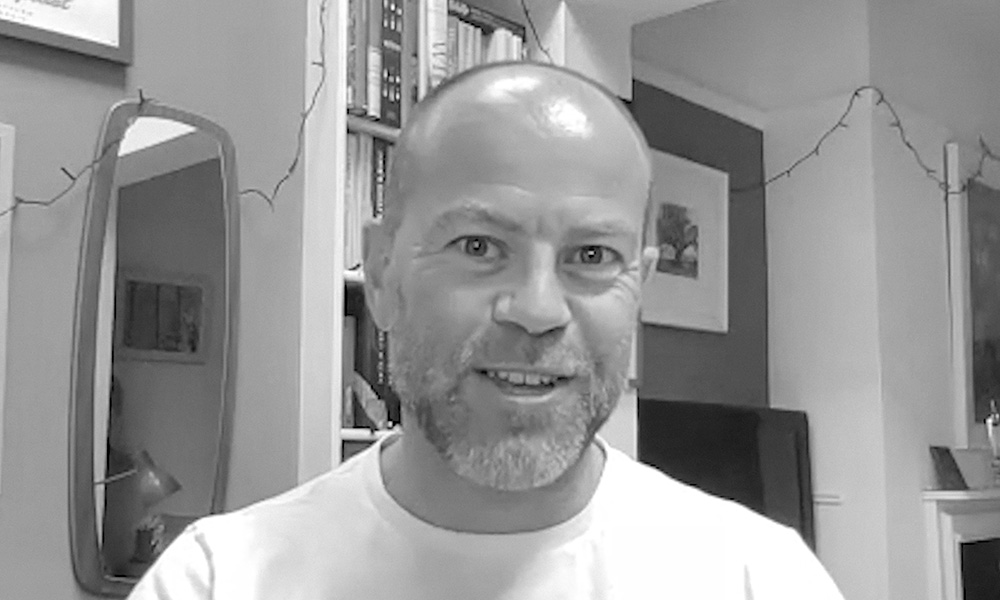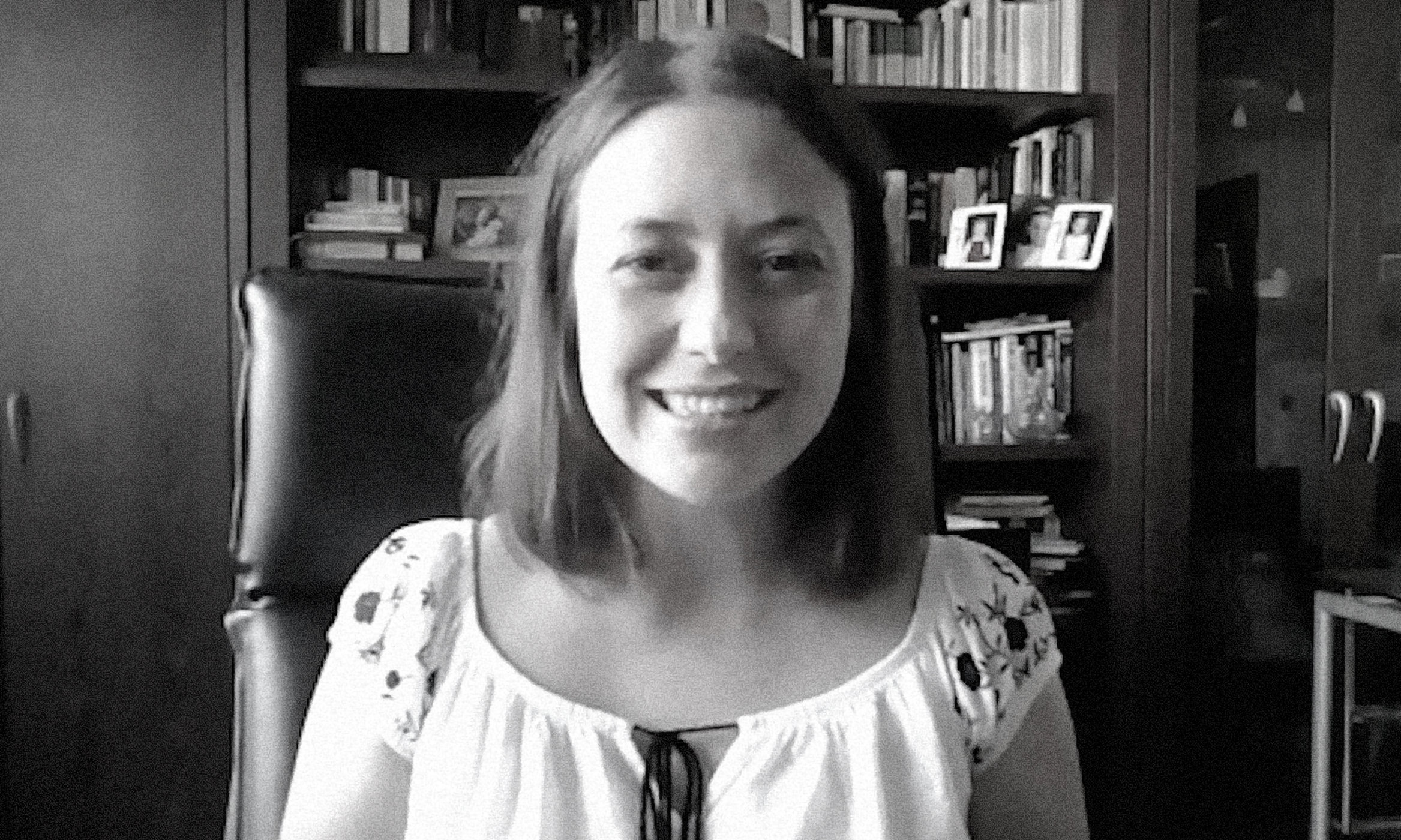Listen now to Walter’s article: Creating the Platform for Entrepreneurial Culture
World-renowned futurist Alvin Toffler predicted: “The illiterate of the 21st century will not be those who cannot read and write; but those who cannot learn, unlearn, and relearn.” I’ve personally seen the effect of this as CEO of NTT DATA EMEA.
A few years ago, the company was going through a rough time. Our business was slow; departments were organised in silos that made it difficult to share new proposals, experiences and, consequently, made it very difficult to innovate.
We knew things had to change. Together with our leadership team, we began to define what a transparent, dynamic, empathetic and entrepreneurial business should look like. That was five years ago.
We started to live by one simple principle: sharing ideas is always a great way to innovate. We encourage people to speak openly …there is no wrong answer to a question. This promotes personal entrepreneurship, rewards proactivity, and accelerates the professional growth of tomorrow’s leaders.
The cultural shift we made has transformed our company. Not only have we seen year-on-year growth, but we can now better meet our clients’ challenges through world-class, cutting-edge solutions.
To place the needs of the customer squarely at the core of development, we put changes in place to facilitate innovation. We adopted a new organisational structure, based around communication between departments. And we looked outside of NTT DATA: we pay close attention to new business startups that are innovating, and ask ourselves how they could help us and our clients.
We have forged close links with universities and collaborate with over 40 colleges. We understand that the people in our business are its most precious asset. Last year, we hired 1,000 new employees and even continued to recruit throughout the Covid-19 pandemic, adding 200 new people to our organisation during lockdown.
If we look at any business, we see that its actions and initiatives have a broad impact, first on its employees and clients, and also on society and the environment in which it operates. In this sense, companies have a huge potential as an active part of the community, and for this reason, profit can’t be their ultimate and only purpose.
I think Rohit Talwar, Futurist Speaker and CEO of Fast Future, summed it up best when he said “The world is experiencing an unprecedented rate of technology-driven disruption, and humanity will see more change in the next 20-25 years than in the last 200.”
At NTT DATA, we knew that the speed of change was accelerating. The ideas around Industry 4.0 are powerful, and are transforming how entire industries are developing. I wanted to embrace these changes and ensure our company was shaping and driving these disruptive changes – and not just reacting to them – so we are able to help our clients plan for the future. To achieve this, we had to make a cultural change across our entire business.
Entrepreneurial culture
So, what does it mean to shift a company’s culture? In our case, we started to live by one simple principle: sharing ideas is always a great way to innovate.
It may seem obvious, but it is not. We encourage people to speak openly to their teams and their leaders with complete transparency. There is no wrong answer to a question. And even when comments are controversial, these are not criticised but embraced.
The goal is to ensure our people know they are a crucial part of our business, and essential to delivering world-beating products and services to our clients. It’s vital our teams and individuals always feel they are engaged, involved and valued. We promote personal entrepreneurship, reward proactivity, and accelerate the professional growth of tomorrow’s leaders.
Through this approach, we can foster another core value, which I’m sincerely committed to: diversity and participation. By 2023 we aspire to have 50 talented young leadership roles, with women taking at least 30% of our company’s top positions. This is vital to ensure we have the range of skills, values, and perspectives we need to build on the successes our culture shift has delivered.

The Future Reimagined
The transformation of NTT DATA shows that the key to creating a shared corporate culture is putting people and their needs at the centre.
If we look at any business, we see that its actions and initiatives have a broad impact, first on its employees and clients, and also on society and the environment in which it operates. In this sense, companies have a huge potential as an active part of the community, and for this reason, profit can’t be their ultimate and only purpose.
The real focus of the future job market will be on soft skills. We’ll need people who can work in a team, manage conflicts, and communicate effectively. This shift from vertical to soft skills has an important impact on corporate culture.
Over the past few years, as our cultural initiatives developed and began to transform our company, many of the ideas that emerged had a clear sustainability component. Sustainability for us is not just paying close attention to the environmental impact NTT DATA has, but also considering our workforce’s wellbeing, inside and outside the company. Connecting our people with their wider communities, feeds back and translates into a virtuous circle that everyone can benefit from.
Ultimately, making people feel represented by the message we are trying to convey is also fundamental for attracting and retaining talent. Younger executives and leaders respond especially well to the ideas and actions that define the culture at NTT DATA.
As all businesses navigate these challenging times, we have also had to become more agile and understand how work has changed. The changes we have put in place we call ‘smart work’, which we define as a new way to manage and lead people. We ensure that our leaders have high levels of emotional intelligence. This is shown with empathy, which forms the foundation of how NTT DATA makes work smart.
Society 5.0
The future of NTT DATA is to expand on the foundations we have laid, and augment the changes we have made in our culture. Our shift to more empathetic leadership and wider support of diversity, participation and sustainability will evolve into the future. To ensure this roadmap for change is achieved, we clearly understand that people will be fundamental to achieving these goals.
For these reasons, the real focus of the future job market will be on soft skills. We’ll need people who can work in a team, manage conflicts, and communicate effectively. This shift from vertical to soft skills has an important impact on corporate culture. As these elements came into focus, our business became stronger, more resilient, and able to meet the challenges we face today.
In The Go-Between, L.P. Hartley said “The past is a foreign country; they do things differently there.” We can say the same for the future. How we define and influence what our future looks like, and how our business shapes that future, is in our control.
At CeBIT 2017, Japan’s former Prime Minister Shinzo Abe described Society 5.0, where technology is used to build a more sustainable world and enrich people’s lives. I think this vision of the future is an inspiration to us all.
If 2020 has taught us anything, it’s that we need to be flexible, agile and dynamic in order to rise to each challenge and win. The changes NTT DATA has made to business process and the culture we have cultivated ensure that the future looks bright, sustainable and, with innovations we have yet to create, exciting.



















































